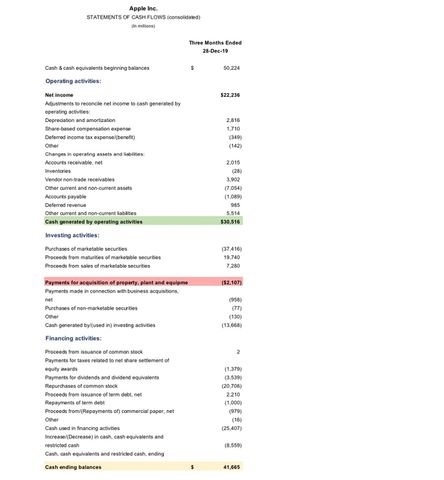How to Set Up Autopay
:max_bytes(150000):strip_icc():format(jpeg)/GettyImages-1411232215-a7251c07f7ef42d0b0c1ff049d73ce95.jpg)
Carlina Teteris / Getty Images
Auto-pay can help ensure that you pay off your bills on time.
Setting up automatic payments directly from your bank account offers a convenient hands-off approach to paying your bills.
Once you set up autopay, you are guaranteed to pay your bills on time. You don’t have to worry about paying late or being hit with late fees.
Key Takeaways
- Setting up automatic payments for monthly bills is a convenient way to pay.
- With autopay, you don’t have to worry about paying late or forgetting to pay. Your bill will be paid on time.
- You should, however, make sure there is enough money in your bank account to make the payment. If your balance is too low to clear the payment, you may be hit with an overdraft fee.
Understanding Autopay
Autopay is a payment option offered by utilities, internet service providers, streaming services, credit card companies, loan providers, and other companies. Autopay helps to simplify monthly bill paying. Once you enroll in autopay, the amount of your monthly bill will automatically be removed from your bank account.
Benefits of Setting Up Autopay
By using autopay, you’ll never have to worry about forgetting payments. On-time payments for credit cards, auto loans, and even your mortgage are good for your credit score. And paying your bills automatically makes managing your finances a breeze.
Considerations Before Setting Up Autopay
Before you sign up for autopay, check out the credibility of the company. Is this a trustworthy business? You may want to check its standing with the Better Business Bureau to see if there are any complaints. Make sure you understand the terms of payment authorization, which is when you give a company permission to remove money from your bank account to pay a bill.
Another important factor to consider before setting up autopay is having enough money in your bank account to pay monthly bills and subscriptions. If you don’t have enough money to cover an automatic payment, you will be hit with an overdraft fee from your bank. Make sure you have enough money in your account to cover expenses when you sign up for autopay.
Step-by-Step Guide to Setting Up Autopay
Choosing the Right Account
Before you enroll in autopay, you’ll have to decide on the account you will be using to make your payments. You can use your bank account, such as a checking account or a credit card, to make an automatic payment. If you use a credit card to pay a bill, you’ll be responsible for paying off the payment amount from your credit card bill at a later date.
Setting Up Autopay Online or on Mobile
Enrolling in autopay only takes a few easy steps. Go to the company’s website or app and log in to your account. Look for the autopay section. Input your bank account or credit card information. Choose a payment schedule, such as monthly or biweekly. Reach out to the company to confirm that you are starting automatic payments.
Confirming and Monitoring Autopay
It’s a good idea to confirm your autopay has been set up properly. You can reach out to the company online or through the app. You can also call the company’s customer service number and speak to a representative. Also, watch your inbox. You will usually receive an email that confirms that an automatic payment has taken place.
The Bottom Line
Once set up, autopay is a fast and convenient way to pay monthly bills. With autopay, each payment is automatically pulled from your bank account or charged to your credit card account. You can pay everything from streaming services to utilities to auto loan payments using autopay.
If you set-up autopay with a bank account, you want to make sure enough money is in your account to pay each bill. If there’s not enough cash in your account, you could be hit with an overdraft fee.







